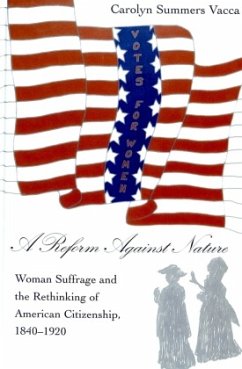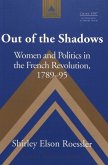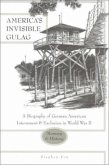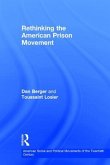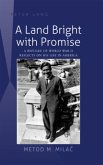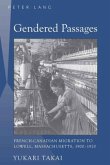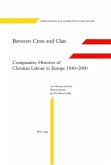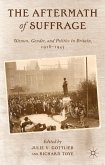Debates over women's suffrage filled the pages of nineteenth-century articles, speeches, and books. Early natural rights justifications gave way to those based on women's special characteristics - characteristics used by vehement anti-suffragists to justify women's exclusion from the polity. These questions over natural rights reappeared in immigration and naturalization debates, which also attracted the print media's attention. This shift in the rationale for inclusion in the suffrage debates paved the way for a reorientation of American views - from citizenship as a right, to citizenship as a privilege - a view that informed America's response to questions of immigration and naturalization in the early twentieth century.

